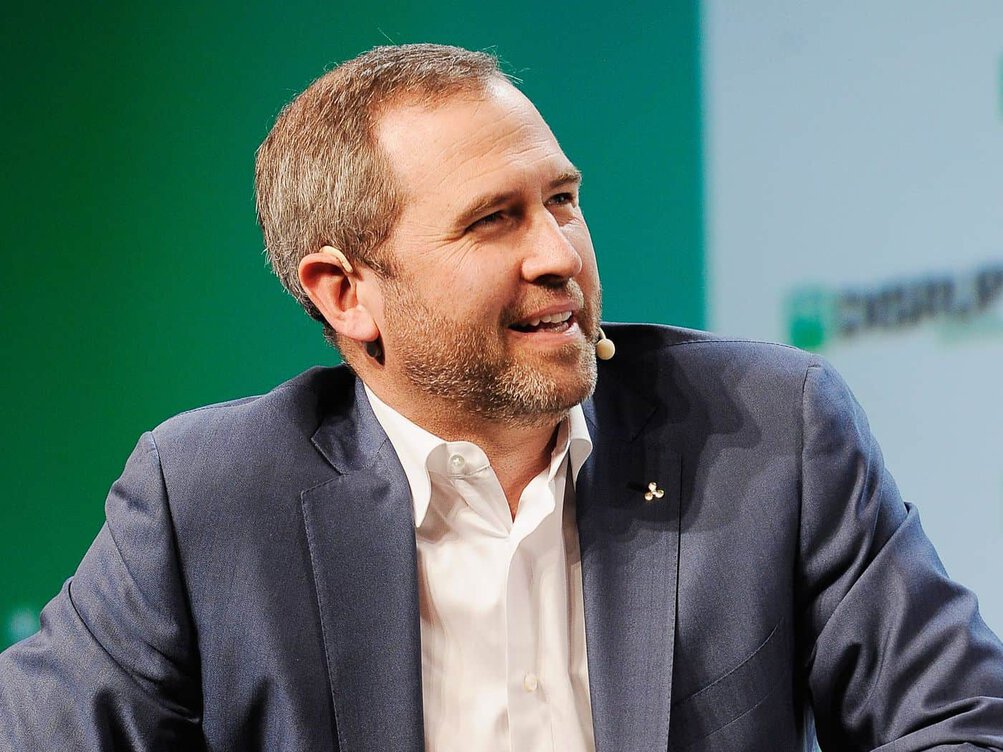The CEO noted that U.S. regulators’ approach to crypto differs from how it treated the internet a few decades ago. At the time, the U.S. led the regulatory development for the internet, creating an enabling environment that allowed entrepreneurs and investors to enter the country, greatly benefiting its economy. However, the country’s approach to crypto is forcing several innovators offshore. He added that consumers suffer because the offshore regulatory standards do not offer the strong consumer protection the U.S. can guarantee.
In his view, an excellent regulatory framework should start with clear consumer protection but with a better understanding that not all digital assets would be securities. The Ripple chief highlighted various recent regulatory developments several countries had made. According to him, these developments were “energizing” and what is “desperately missing in the U.S.”

According to Ripple CEO Brad Garlinghouse, the US is already falling behind other countries in the cryptocurrency market due to regulatory unpredictability. He highlighted America’s decision to adopt the internet in the 1990s, despite the fact that its benefits were mostly unknown at the time, and compared the technology’s potential to that of crypto.
Garlinghouse said in a recent interview with Bloomberg that nations like Australia, Japan, Singapore, the UK, and Switzerland have already implemented thorough regulations on the cryptocurrency industry, which has attracted investors and businesspeople to operate there.
Garlinghouse said, using the early days of the Internet as an example. He praised the US for establishing proper regulations in the late 1990s that allowed it to transform into the technology hub it is today. He believes that the optimum regulatory structure for cryptocurrencies should prioritize consumer protection. The SEC should also stop treating everything as though it were a nail and cease acting like a hammer while also realizing that not all assets are securities.

Gary Gensler, the chairman of the SEC, recently reaffirmed his belief that “everything but bitcoin” is a security. As a result, he urged that the agency should monitor and oversee all cryptocurrency transactions, with the exception of those involving BTC. In 2020, the American Securities and Exchange Commission filed a lawsuit against Ripple, claiming that its officials had sold XRP tokens to investors without properly registering them as securities. Garlinghouse thinks the conclusion of the legal dispute, even if it hasn’t been resolved, will be “pivotal” for the industry as a whole.
The SEC’s lawsuit against Ripple is truly about the industry as a whole and how the SEC plans to play offense and take on the entire market, not just Ripple or XRP. The CEO expressed his opinion that the regulator should not establish regulations through enforcement. Instead, it should permit technological advancement while offering investors the highest level of security.





